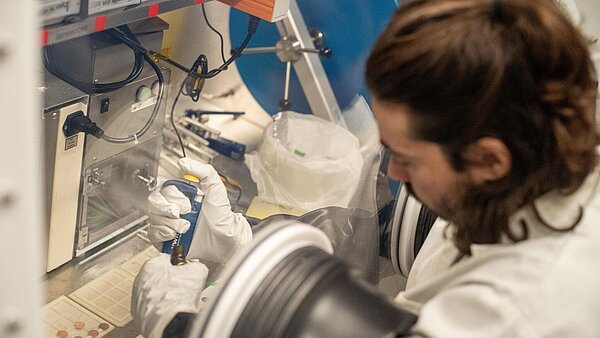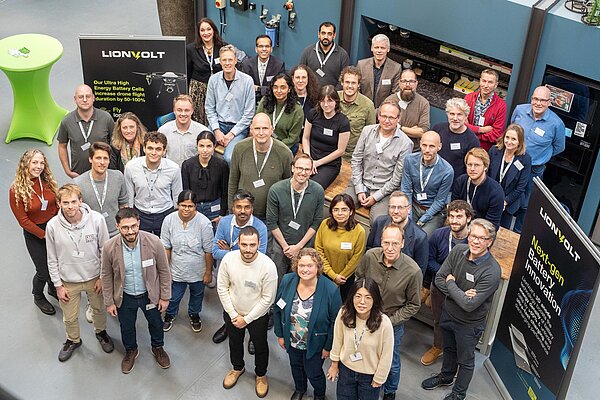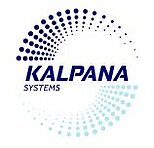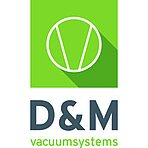
SMART-CBAT – Sustainable Materials and Technologies for Circular Batteries
As the world transitions from fossil fuels to renewable energy sources, battery technology is crucial for integrating renewable energy into our power grid and for electrifying various mobility sectors. There is therefore an urgent need for high-quality batteries that are safe, offer higher energy density and longer lifespan, and charge faster.
Projectinformation:
- Project name: SMART-CBAT
- Duration: 1 July 2025 – 30 June 2028
- Status of financing: Comitted grant € 22,345,000
Why SMART-CBAT?
To address these challenges and seize opportunities within the EU—where land, energy, and natural resources are highly limited—research and development of sustainable manufacturing processes and circular battery chemistries are crucial. Based on the most promising technological developments currently emerging in the Netherlands, this project will develop scalable and sustainable battery production technologies that minimize dependence on scarce materials and reduce environmental impact, while strengthening our country’s energy security and technological independence. Through the development of high-quality battery components, equipment, and alternative sustainable processes, this initiative will pave the way for next-generation technologies, providing solutions for the growing demand across diverse applications. The results will stimulate economic growth in sustainable battery technology in the Netherlands and Europe, enhance strategic independence, and contribute to the electrification of our society—an essential step in our energy transition towards a circular economy.
What is SMART-CBAT?
SMART-CBAT stands for Sustainable Materials Research and Technology for Circular Batteries.
Within the project, Dutch companies and knowledge institutions will develop advanced battery components, processes, and production equipment that enable next-generation sustainable battery technologies for various applications (such as wearables, electric vehicles, trucks, and stationary storage). These technologies are more sustainable by reducing CO₂ emissions from the production process and extending battery lifespan, while also decreasing dependence on current battery technologies and materials sourced outside Europe. The new materials and technologies have the potential to be marketed individually or combined for the production of new, validated battery technologies. The knowledge and technological solutions obtained—including techno-economic and sustainability analyses—will form the roadmap for Dutch technologies, aiming to prepare them for market introduction in the planned second phase of this project.

Innovations within SMART-CBAT
- High-quality components—anodes, cathodes, and electrolytes—for next-generation sustainable battery technologies.
- Sustainable production processes and manufacturing equipment to produce these components.
- These technologies are more sustainable by reducing CO₂ emissions during production and extending battery lifespan.
- The knowledge and technological solutions obtained, including techno-economic and sustainability analyses, will form the roadmap for Dutch technologies, with the goal of preparing them for market introduction.
















